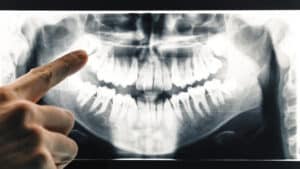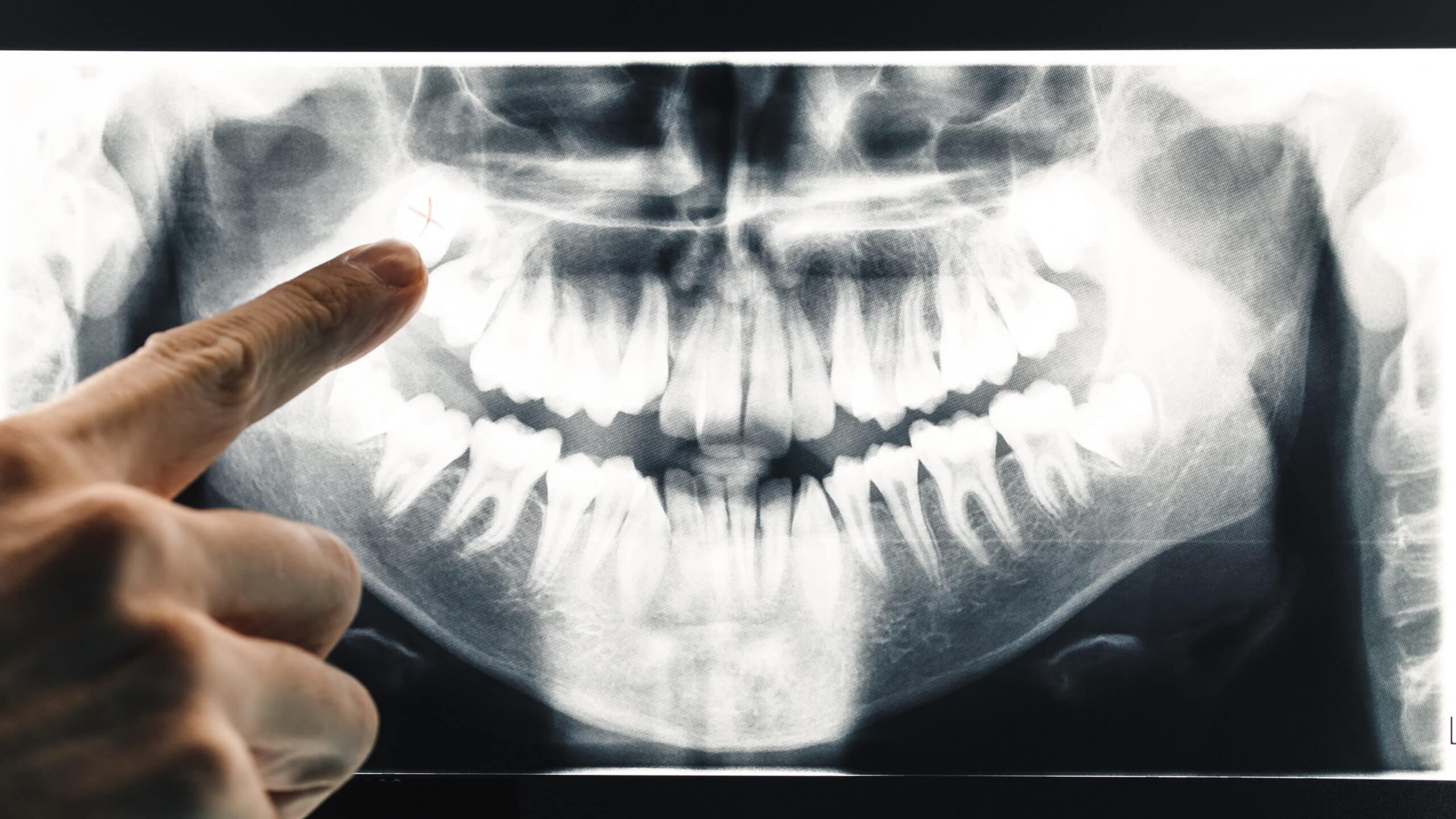- What Is a Dental Crown and How Does It Work?
- Why a dentist recommends crowns
- Why Dental Crowns are Essential after Root Canal Treatment
- How are dental crowns attached?
- How to take care of your dental crowns
- Visit Yonge Eglinton Dental for professional restorative dentistry
Crowns are often associated with good things. Kings and queens wear crowns, “crowning” in checkers gives the player a considerable advantage, and when someone reaches an impressive achievement, it’s often referred to as their “crowning glory”.
However, crowns in dentistry often conjure up different images, such as tedious and time consuming dental work. However, the truth is that dental crowns offer a convenient way of protecting your natural tooth against damage. Your dentist may recommend a dental crown as part of a restorative dentistry plan to help your teeth remain as strong and healthy as possible.
What is a dental crown and how does it work?
Much like its name suggests, a dental crown is a little cap that fits atop a misshapen, discoloured, or moderately damaged tooth. The crown covers the area, protects it from further damage, and can restore the tooth’s natural appearance and function.
Dental crowns can be made with a single material or a combination of multiple materials. The three most common materials used in dental crowns are:
- Gold: Known for its strength and durability, but its bright colour can impact the aesthetic of your smile (which is why they’re often used on back teeth)
- Ceramic: The most natural-looking option, but, when made of only porcelain, also the least durable, as porcelain can chip easily and require more frequent replacements than gold crowns. This is why most ceramic crowns are made
- from e-max or zirconium
- Porcelain fused to metals or ceramics: These crowns offer a natural look and a durability comparable to metal, making them often a preferred choice over porcelain, especially because the metal or ceramic is not visible
Why a dentist recommends crowns
Typically, dentists recommend dental crowns for their patients to protect and restore damaged teeth. Dental crowns are designed to help prevent further decay or breakage and improve the tooth’s appearance and function.
For example, dental crowns can be used to cover teeth with large cavities that compromise tooth structure. They’re also recommended for teeth with multiple fillings or existing damage, such as cracks or fractures.
Teeth that have been worn down by tooth grinding (bruxism) or acid erosion are also good candidates for dental crowns.
Another instance of dentists recommending dental crowns as a protective dental strategy is after a root canal.
Why dental crowns are essential after root canal treatment
Dentists often recommend attaching a dental crown after a root canal has been performed on the tooth to protect the treated tooth from further damage and restore its function.
This is because root canals remove infected pulp, the soft inner layer under the enamel and some dentin, which provides nutrients and support. The procedure can leave the tooth brittle and prone to cracking, especially molars that experience significant pressure during chewing.
A dental crown helps restore the tooth’s function, prevent further infection, and keep the tooth healthy over the long term, preventing the need for extraction.
How are dental crowns attached?
The procedure to attach a dental crown is quite simple and completed in just two visits to your dentist’s office. Your dentist takes an impression of the damaged tooth and the surrounding area to create a temporary crown. The damaged tooth is then shaped to make room for the crown, after which a final impression is taken. Your dentist will then place the temporary crown over the damaged tooth while the final impression is sent away to a dental laboratory where the permanent crown is fabricated.
When the crown is ready, the dentist will call you back into their office to remove the temporary crown and cement the final one in place. You should be able to return to work, school, or your everyday activities right after attachment, however, you may experience some side effects such as:
- Soreness or tenderness in your gums around the treated tooth for a few days
- Sensitivity to hot or cold up to two weeks after the procedure
These side effects are common and are typically nothing to worry about. If you have any concerns about how you’re feeling after the procedure, call your dentist to share them.
It’s perfectly normal to have concerns about any dental procedure. At Yonge Eglinton Dental, we’ll take the time to answer your questions and ensure we create an environment where you feel calm and comfortable, ensuring you have a pleasant experience while in our offices.
How to take care of your dental crowns
Dental crowns last from five to 10 years on average, and sometimes quite a bit longer. With the proper maintenance routine, you can avoid premature replacement of your crown and maximize its lifespan.
Here are tips on taking care of your crowns:
- Avoid eating foods that can damage or dislodge it, such as ice cubes, hard nuts, popcorn, and sticky foods, including taffy and caramels
- Brush your teeth at least twice per day with a fluoride toothpaste and a soft-bristled toothbrush
- Floss between your teeth at least once per day, usually following your nighttime brushing
- Rinse with an antibacterial mouthwash to keep plaque and harmful bacteria at bay, but avoid using it too often to prevent dry mouth, which can cause dental problems
If you grind or clench your teeth, ask your dentist about getting a custom mouthguard to help prevent damage to your crown. You can also try meditation or other relaxation techniques to relieve stress that can lead to teeth grinding and clenching.
Visit Yonge Eglinton Dental for Professional Restorative Dentistry
If you have a damaged tooth and are wondering, “Do I really need a crown?”, make an appointment with the professional dental team at Yonge Eglinton Dental. We’ll conduct a thorough examination of your teeth and gums, focusing on your areas of concern. We’ll then present you with your options so you can make an informed choice on how to proceed.
After all, if we can help you solve your dental issues and restore your beautiful, healthy smile, we’ll consider it our “crowning” achievement!
Get the facts on dental crowns from the dental experts at Yonge Eglinton Dental in Toronto
Contact our dental health team when you’re ready to optimize your oral health. We will work together to ensure your teeth and gums look great and are as strong and healthy as possible. Make an appointment for an office visit today by calling our office at 416-932-2222 or booking online. We look forward to seeing you!
Are you concerned about visiting the dentist? Read about how we protect the health and safety of our patients and staff so your family can seek proper dental care with peace of mind.








